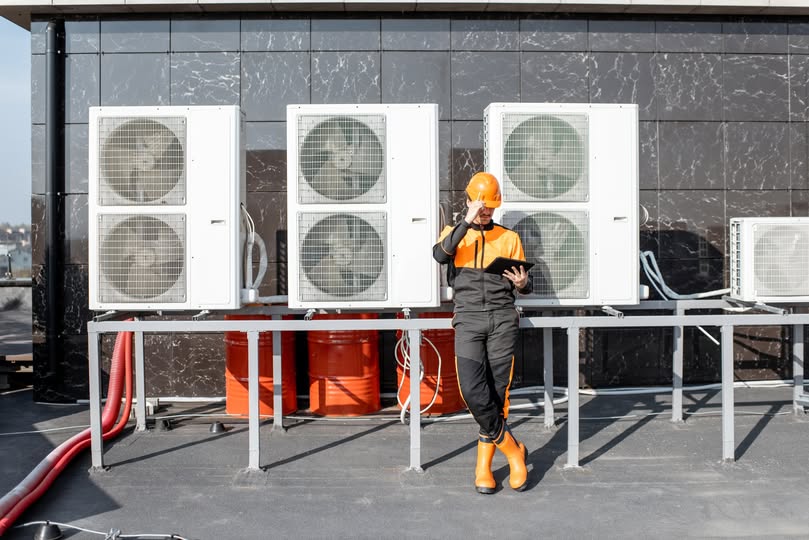As homeowners, ensuring the safety and efficiency of our HVAC (Heating, Ventilation, and Air Conditioning) systems is paramount. Not only does it contribute to a comfortable living environment, but it also safeguards against potential hazards. Here are some essential HVAC safety tips to keep in mind:
Regular Maintenance: Schedule routine maintenance checks with professionals like A-Plus Quality to inspect and tune up your HVAC system.
Change Air Filters: Replace air filters regularly to maintain air quality and prevent system strain.
Clear Vents and Registers: Keep vents and registers unobstructed to ensure proper airflow throughout your home.
Monitor Carbon Monoxide Detectors: Install carbon monoxide detectors near sleeping areas and check batteries twice a year.
Inspect Wiring and Connections: Regularly inspect wiring and connections for any signs of wear or damage and address them promptly.
Keep Outdoor Units Clear: Remove debris, vegetation, and snow around outdoor HVAC units to ensure proper airflow.
Check Thermostat Settings: Optimize thermostat settings for energy efficiency and comfort.
Be Cautious with DIY Repairs: While minor maintenance tasks can be done by homeowners, leave complex repairs to professionals.
Educate Family Members: Ensure everyone in your household knows basic HVAC safety protocols, such as what to do in case of emergencies.
Schedule Professional Inspections: Have your HVAC system inspected by professionals annually to catch any potential issues early on.
By following these HVAC safety tips, you can ensure the longevity, efficiency, and safety of your home's heating and cooling systems.



